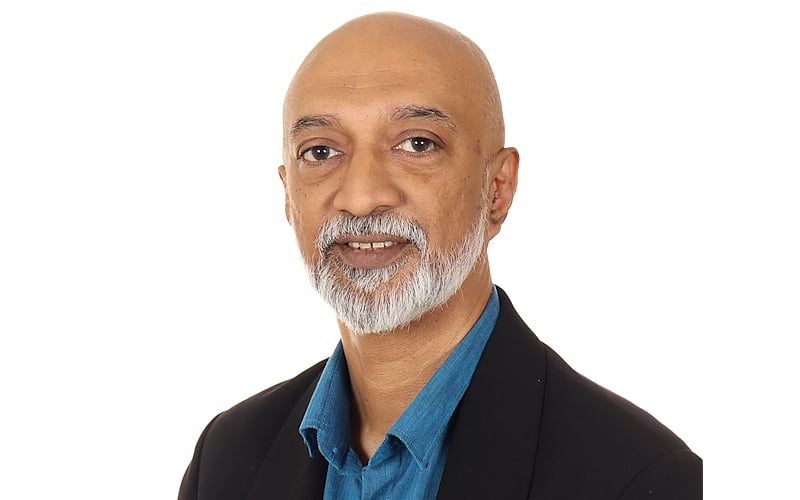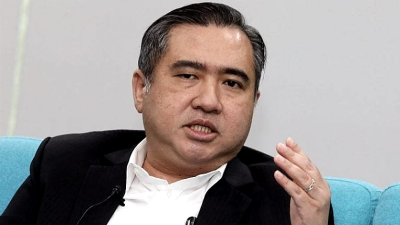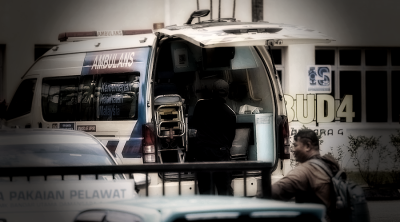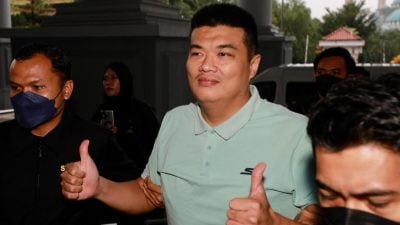
What if:
1. Malaysia’s education system serves as the foundation for cultivating not just academic excellence but also character, shaping a society that thinks critically and acts ethically?
2. Embedding a holistic character development curriculum as a transformative approach to foster a more progressive and morally grounded nation?
These were the two questions I raised at a compelling Roundtable Discussion organized by Khazanah Research Institute on 13 May 2025 at Mercu UEM.
The event, themed ‘Developing a Thinking Society: Making Decisions for Both Personal and Greater Good—An Education Perspective,’ brought together thought leaders, educationists, and policymakers to deliberate on the evolving role of education in shaping a more discerning and values-driven Malaysian society.
A spokesperson from the Ministry of Education highlighted the government’s commitment to ‘Insan Sejahtera,’ a holistic educational framework emphasizing academic excellence alongside moral, social, and emotional development.
Notably, the framework includes initiatives like the Student Aspirations Program and the Values-Driven Schools initiative, aimed at integrating character development into academic curricula.
Yet, as societal challenges grow more complex, there is an urgent need to strengthen character development within the curriculum.
It is not enough to equip students with cognitive skills and knowledge. The focus must also be on instilling values that foster integrity, resilience, and ethical judgment, qualities that serve as critical differentiators in a rapidly evolving world.
Drawing from my experience in human resources, I firmly believe that a robust education system should aim to achieve two crucial outcomes: the development of strong character and the creation of a talent pipeline that meets industry needs while addressing future readiness.
Character serves as the moral compass guiding decision-making, while the talent pipeline ensures a steady flow of capable individuals ready to tackle real-world challenges.
By embedding character as the bedrock of education, we empower students to develop greater competencies in leadership, decision-making, and ethical judgment.
These competencies, when developed alongside character, will position students as effective leaders and responsible citizens, prepared to contribute meaningfully to the nation’s progress.
This is where the introduction of the Character Quotient (CQ) becomes particularly pertinent.
Unlike conventional measures of cognitive and emotional intelligence, CQ evaluates a person’s capacity to act with integrity, resilience, and ethical clarity across diverse situations.
Integrating CQ into educational assessments could provide a more comprehensive view of a student’s readiness to navigate life’s complexities.
For instance, embedding CQ within the Malaysian Education Blueprint can reinforce the focus on character as a foundational element of education.
In my book, ‘Charactaire, Quintuple Secrets for Character Richness,’ I present the 5D framework—Dream, Discipline, Determination, Dedication, and Devotion as a process for cultivating strong character.
Educational institutions can systematically guide students through:
■ Setting meaningful goals to nurture Dream
■ Establishing consistent habits to cultivate Discipline
■ Maintaining resilience amidst challenges to build Determination
■ Committing to continuous growth to reinforce Dedication
■ Anchoring actions in values to foster Devotion
Global examples illustrate how these principles can be effectively implemented:
1. Dream: Finland encourages students to set personal learning goals early, fostering aspiration and forward-thinking.
2. Discipline: Japan’s educational system instils discipline through structured routines, emphasizing responsibility.
3. Determination: Singapore’s ‘Learn for Life’ initiative promotes a growth mindset, encouraging resilience.
4. Dedication: Germany’s dual education system combines academic learning with hands-on industry training, reinforcing skill mastery.
5. Devotion: Bhutan’s ‘Gross National Happiness’ framework aligns personal ambitions with societal well-being through values-based education.
When embedded within the ‘Insan Sejahtera’ framework, the 5D and CQ approach offers a roadmap for personal transformation that is both structured and measurable.
It encourages learners to align aspirations with their character strengths, bridging the gap between individual growth and societal progress.
Dr. Thurman Fleet of San Antonio, Texas (circa 1934) developed the ‘Stick Person’ model, a simple yet profound concept illustrating how thoughts influence feelings and actions.
The model explains how positive thinking propels purposeful action, while negative thinking perpetuates a cycle of fear and inaction.
In essence, constructive thought nurtures a thinking society and destructive thought fosters a sinking society.
Malaysia’s ranking in the Corruption Perceptions Index (CPI) over the years illustrates this challenge.
Since the index’s inception in 1995, Malaysia has yet to break into the top 10 least corrupt nations, pointing to persistent governance challenges.
A character-driven educational agenda, emphasizing integrity and responsible decision-making, could be pivotal in reversing this trend.
The CPI calls for the urgent need of a transformative educational approach that prioritizes character and integrity as core pillars, contributing to good governance and national progress.
By cultivating a generation that thinks critically, acts ethically, and contributes meaningfully, Malaysia can lay the groundwork for a truly progressive, thinking society aligning with the fifth aspiration of Rukun Negara.
The 5D framework and CQ present a pragmatic and actionable pathway for achieving these educational goals.
Extending these frameworks beyond schools to include tertiary institutions, corporate training, and community engagement would ensure that character development becomes a lifelong pursuit.
Anchoring the national education agenda in these principles positions Malaysia to develop a nation of critical thinkers and ethically grounded citizens, a ‘thinking society’ prepared to elevate national progress and contribute meaningfully to global discourse.
(Asohan Satkunasingham is an Author and CQ Interventionist with over three decades of human resources experience and immersive corporate educator.)
ADVERTISEMENT
ADVERTISEMENT








































